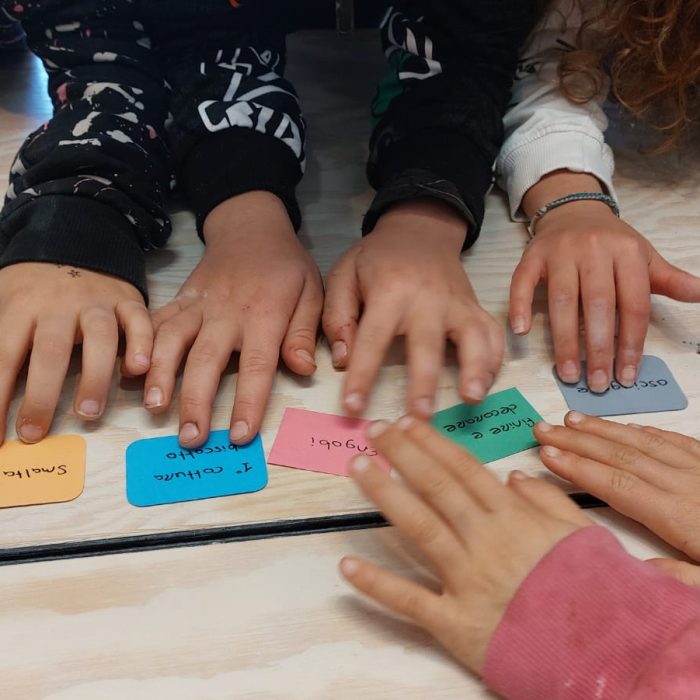HAND
HAndicrafts for studeNts DEvelopment

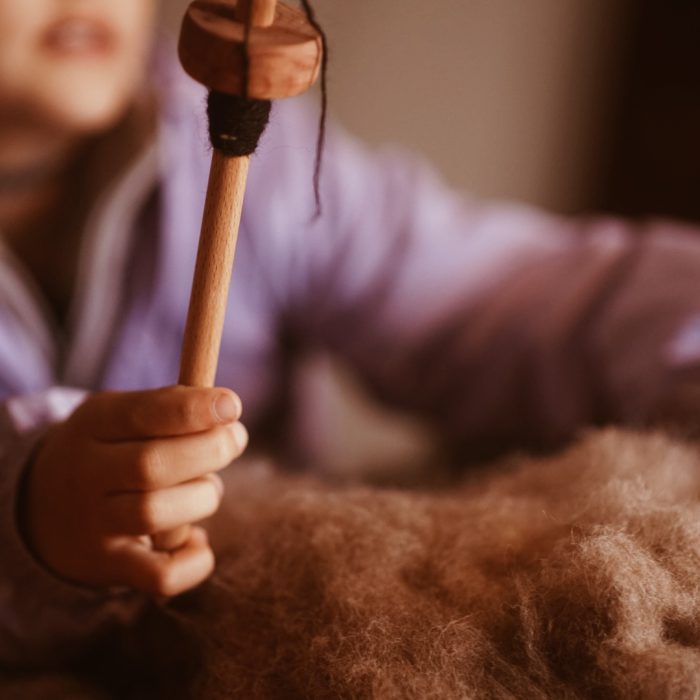
About the Project
HAND’s general objective is to promote traditional artisanal handicraft in schools located in rural areas. The aim is to raise awareness in primary schools on the richness and sustainability of local arts & crafts technique, history and traditions, and to discover different handicraft realities in Europe through cross border knowledge sharing. Students will also develop green skills and knowledge of environmental education and sustainability.
Start date 01-09-2024
End date 30-11-2025
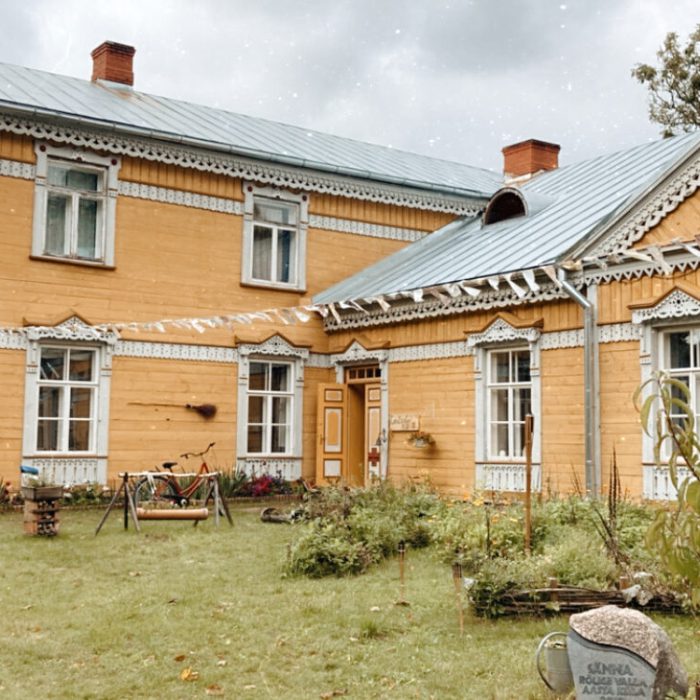
Partners
4 different partners are part of the project. 2 schools – one from Italy and one from Estonia – and two associations.
- Albero della Tuscia (Italy)
MTÜ Sänna Kultuurimõis (Estonia)
- Artemisia (Italy)
- Ühe Talu Lugu (Estonia)
NEWS
- All Posts
- Bookbinding
- Pottery
- Spinning & Weaving
As a final excursion of HAND we decided to visit local workshops to discover traditional handicrafts that are still alive...
The 31th of may we finally started our travel to visit our estonian Friends! After taking the airplane in Rome...
In the spring of 2025, ten eager children from Leiutajate Külakool embarked on an unforgettable journey to Italy. The adventure...
In this workshop we discovered the deeper meaning of dreamcatcher and created our own piece. At the beginning of the...
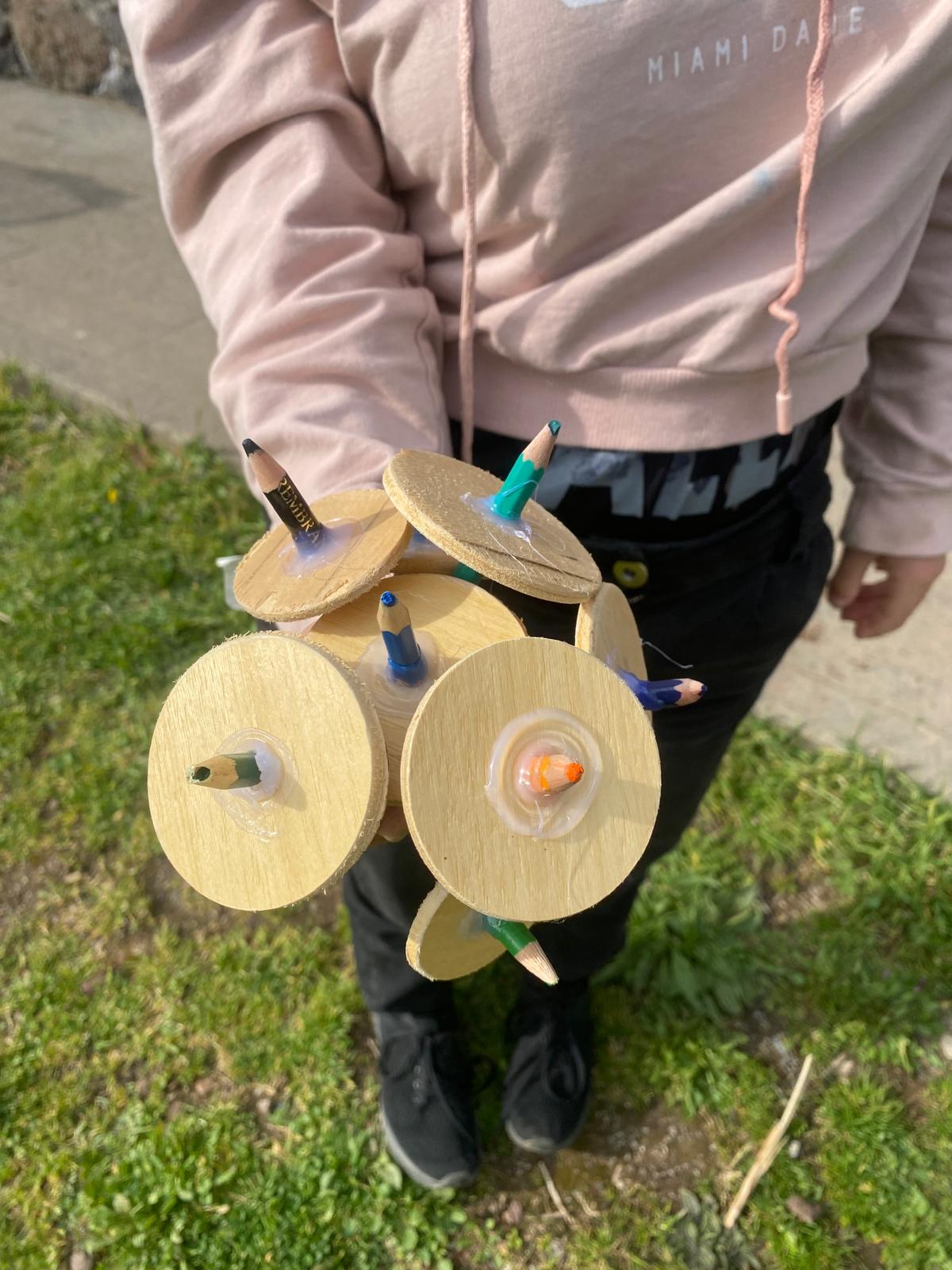
Today we completed the first two games and created wooden spinning tops that color, made of the leftovers of the...

Today we started making a game invented by Alexander called Hollabirinto. The game consists of a path of holes made...
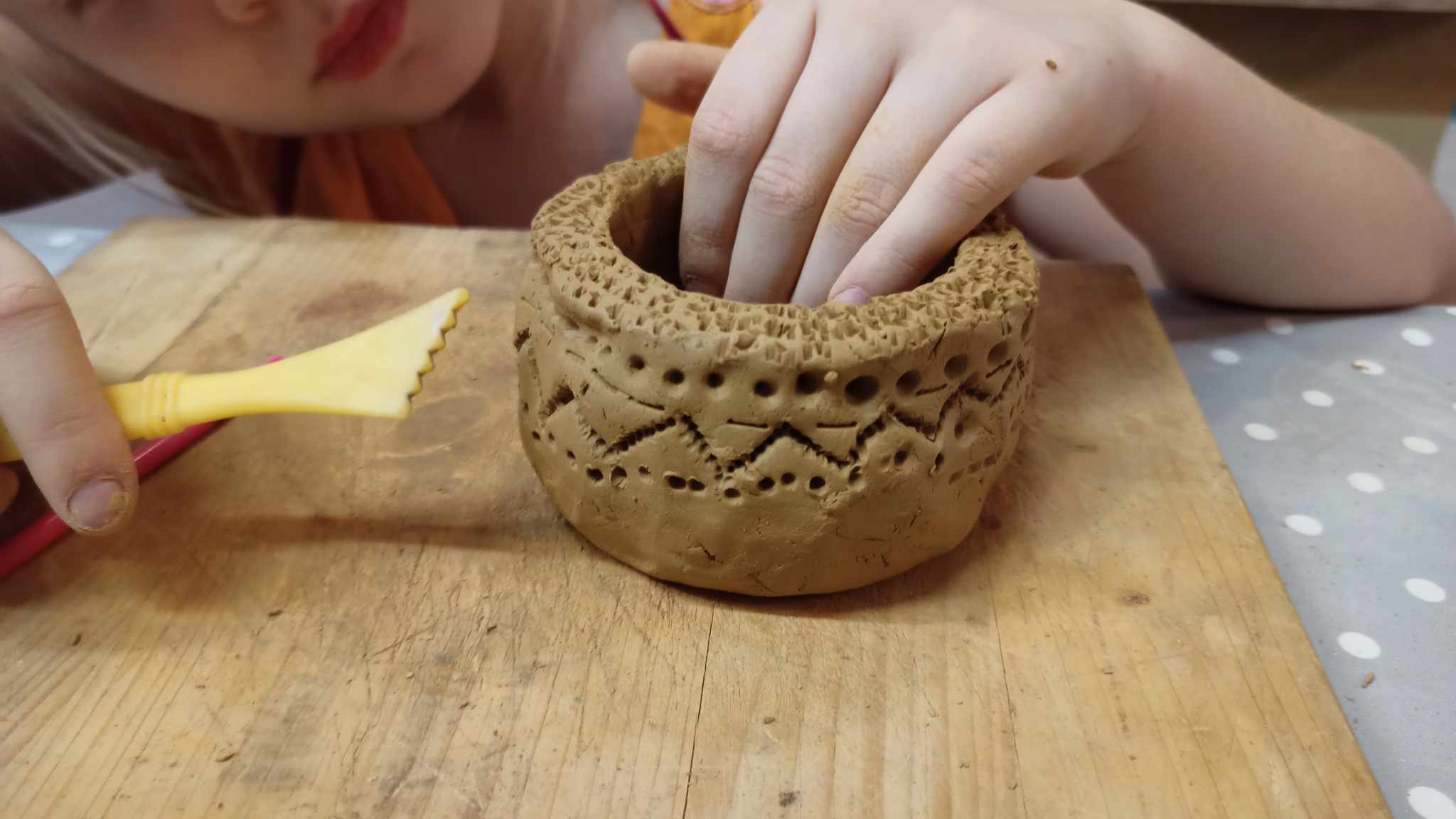
In this workshop we learned the history of Comb Ceramic type of pottery. In the hands-on process we first chose...

In the workshop, we learned how to craft a roof from natural wood shingles. The children got to try their...

Alexander proposed the realization of the game of 15 which is a classic puzzle game created in 1874 by Noyes...
Funded by the European Union. Views and opinions expressed are however those of the author(s) only and do not necessarily reflect those of the European Union or the European Education and Culture Executive Agency (EACEA). Neither the European Union nor EACEA can be held responsible for them.

